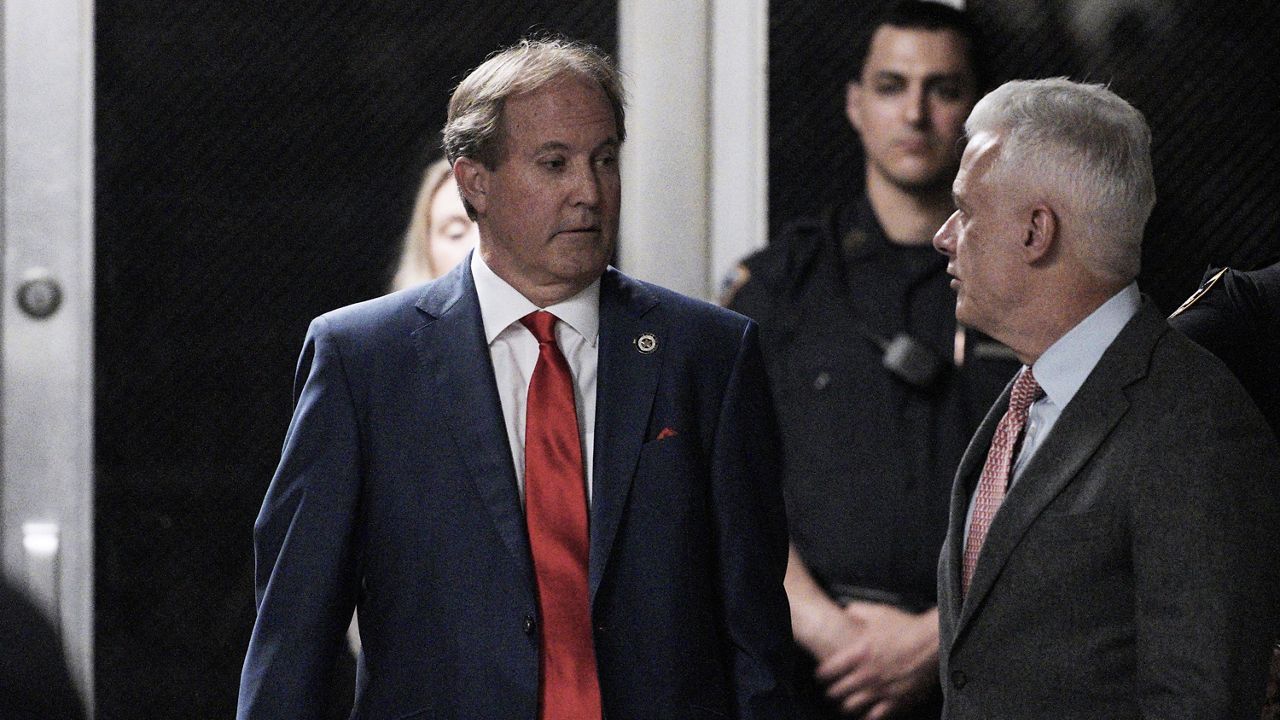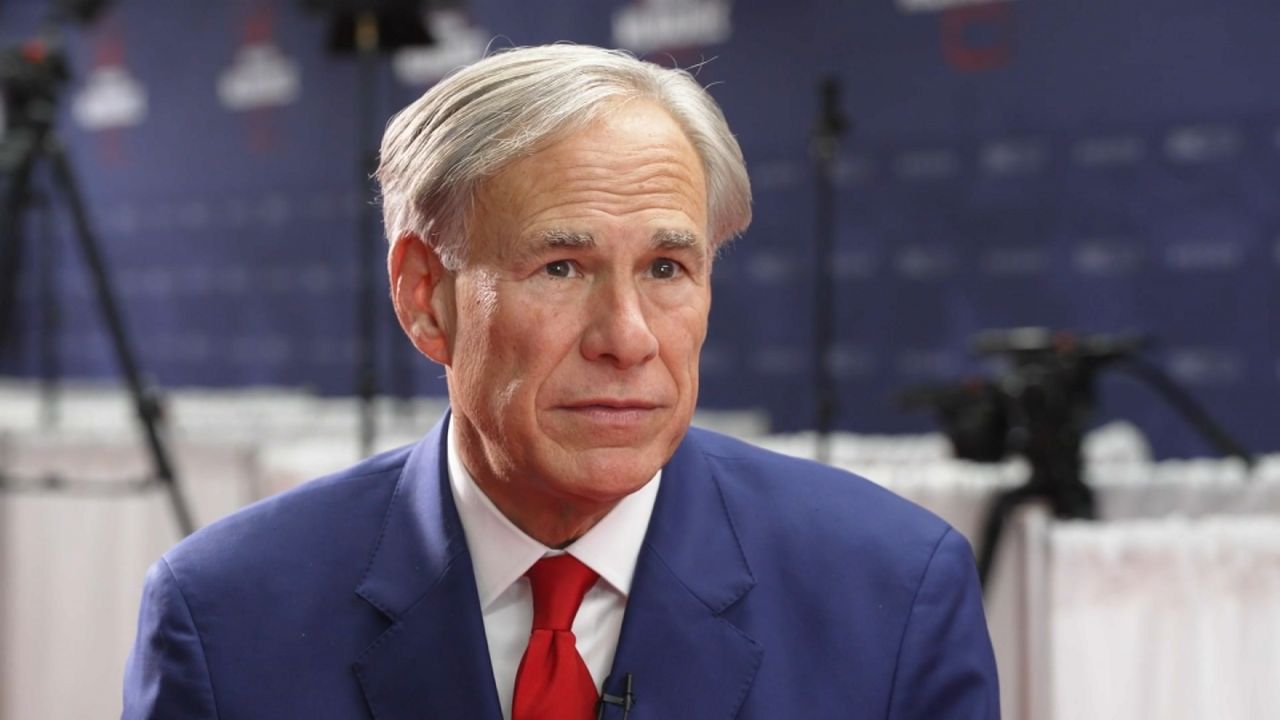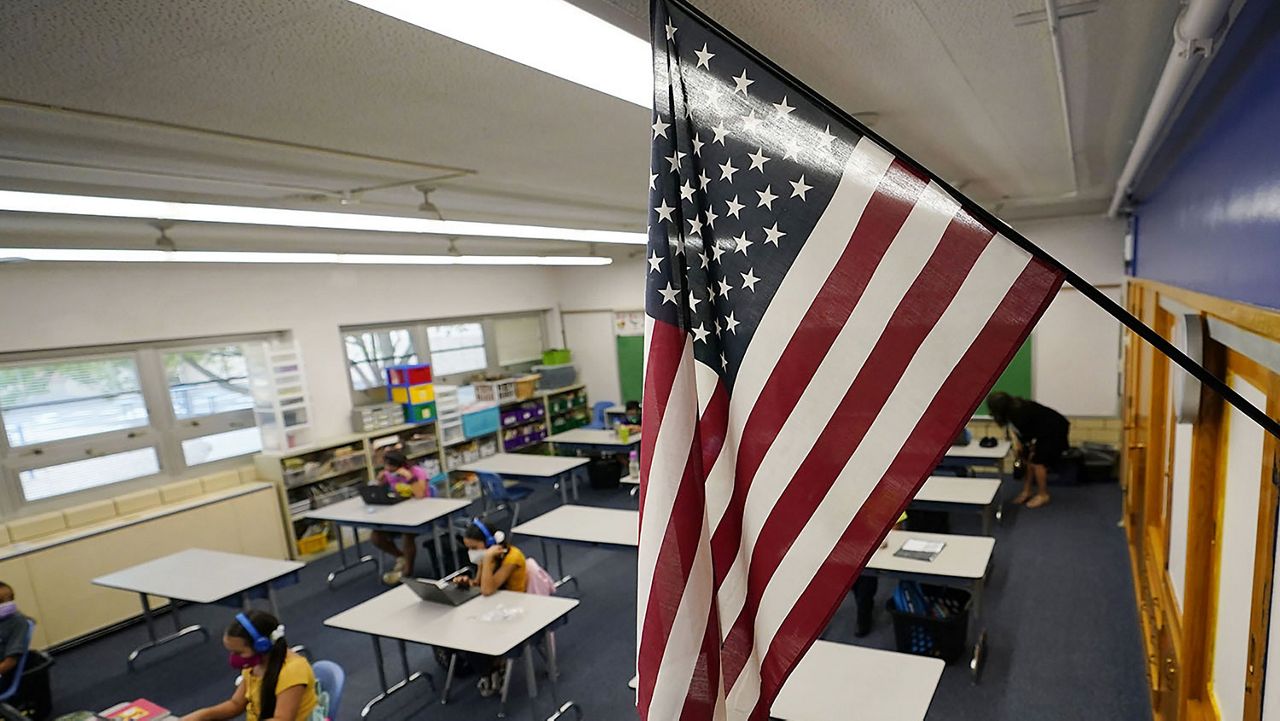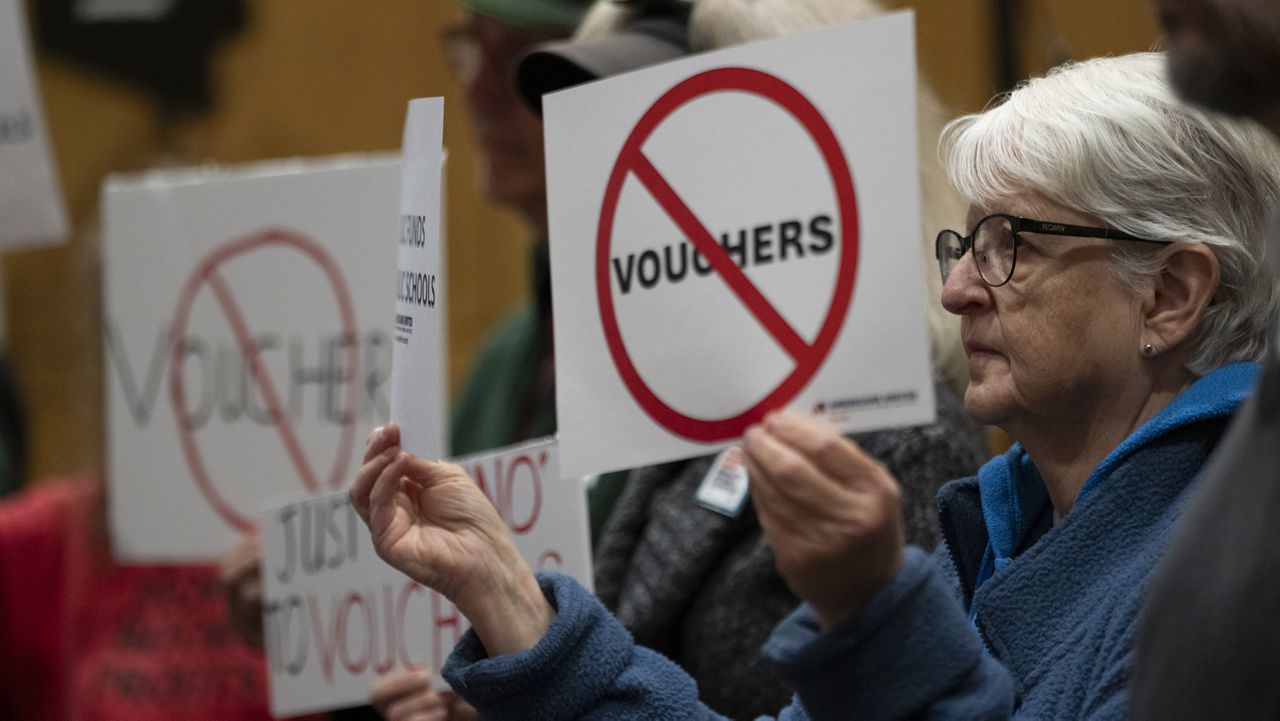AUSTIN, Texas —The University of Texas system cut more than 300 jobs following the state’s new DEI ban. That was part of the testimony Tuesday, as Texas universities explained to state lawmakers how they’ve complied with the law.
Lawmakers put an end to diversity, equity and inclusion programs when they passed Senate Bill 17 last year.
Schools risk losing millions in state funding if they don’t comply — and that’s led to those large layoffs.
What You Need To Know
- In the fullest public accounting of the new Texas law to date, the head University of Texas system announced that its nine academic and five health campuses alone had cut 300 full- and part-time positions. Those campuses combined also did away with more than 600 programs related to diversity, equity and inclusion training
- Republican state Sen. Brandon Creighton, in a letter to chancellors in March, said he was concerned that some campuses were trying to skirt the law or find loopholes, such as renaming employing titles or campus offices.
- Last month, the flagship University of Texas campus in Austin — one of the largest campuses in the U.S. — announced the closure of the school's Division of Campus and Community Engagement and the elimination of jobs in order to comply with the ban
- Republican lawmakers in about two dozen states have filed bills seeking to restrict DEI initiatives this year
A handful of students and faculty marched from the University of Texas at Austin to the state capitol to tell lawmakers they are upset about the Texas anti-diversity, equity and inclusion law, which resulted in the firing of around 60 UT faculty.
During Tuesday’s Higher Education Committee meeting, seven Texas public universities told state senators how they are complying with the Texas law that prohibits DEI offices and related programs from campuses.
“Every dollar spent on bloated university bureaucracy should be redeployed to ensure that all Texas students regardless of race are college ready and heavily recruited,” said Sen. Brandon Creighton, R-Conroe.
Supporters of the law argue DEI programs have indoctrinated students with left-wing ideology and that universities were not hiring based on merit and achievement. Texas A&M University Chancellor John Sharp told the committee the A&M system removed eight DEI-related positions and reallocated money from DEI programs toward recruiting.
“Physically go into high schools ... talk to young men and women about why you should come to Texas A&M what’s available for you and things like that. Particularly for first-generation students,” said Sharp.
But Democrats say a lack of DEI programs could mean some students won’t be supported once on campus.
“We need to look at pre SB17B and post SB17 to see exactly where we are as institutions. That will help us with writing history as it related to the impact of this particular bill,” said Sen. Royce West, D-Dallas.
Advocates are worried about a reversal in the demographics at public universities.
“For decades, college campuses in Texas have not been welcoming to people who are not white and mostly male. And so we’re really worried that policies that help people be welcome on campus are going to be stripped away,” said Emily Whitt with Texas Freedom Network.
A majority of those who testified expressed their frustration with what they see as overcompliance with the new law, while Republican state senators thanked university leadership for following it.









